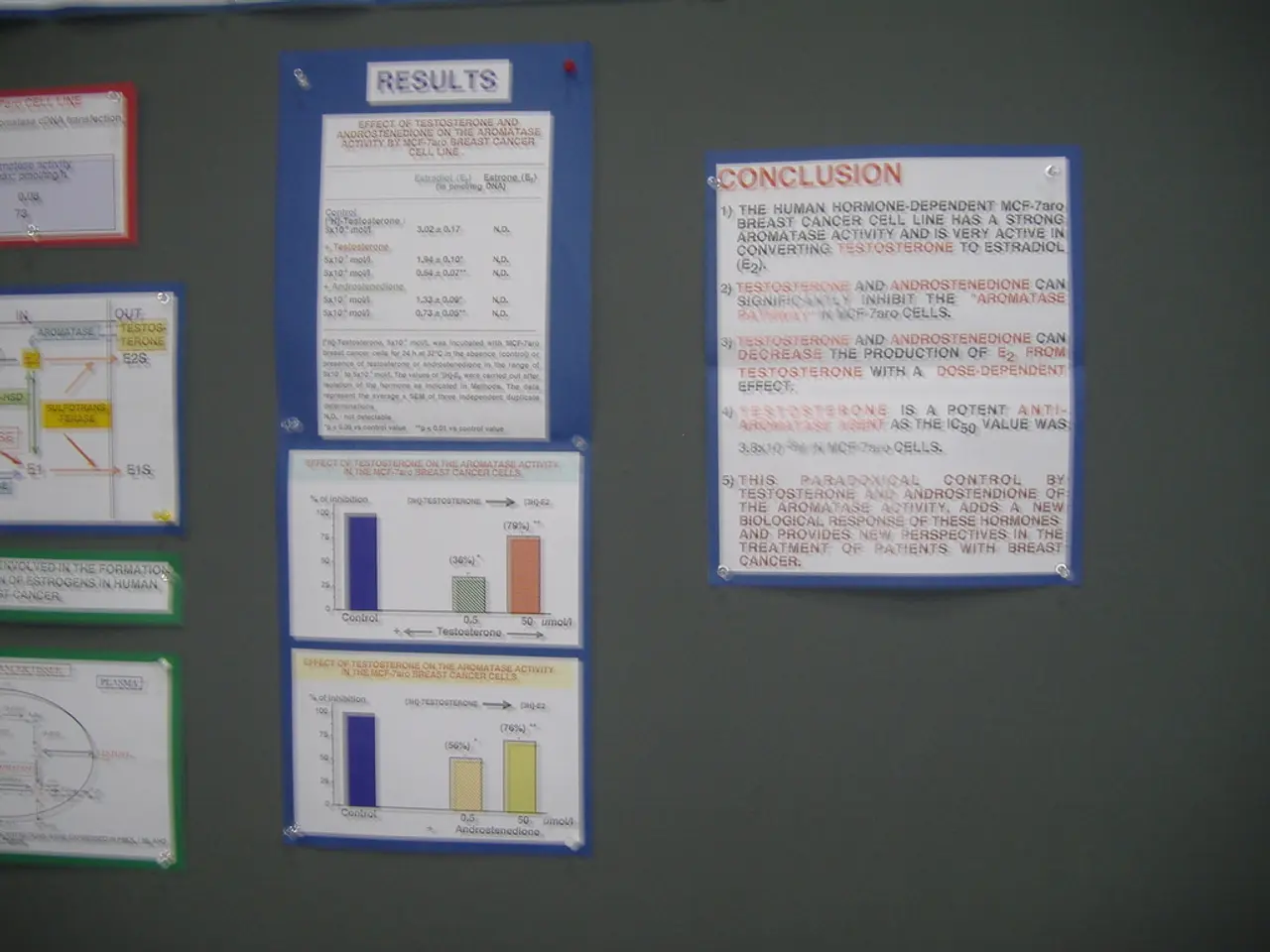Strike by BCGEU continues into its second week, with union vowing to intensify actions
In the heart of British Columbia, a labour dispute between the B.C. General Employees' Union (BCGEU) and the government has led to a strike involving over 4,000 workers at 22 different sites across the province. The strike, now in its second week, has resulted in some administrative delays and potential legal consequences for those obstructing sheriffs or court-related staff.
The union's president, Paul Finch, has stated that the strike is due to wages not keeping pace with the cost of living. The BCGEU's proposal includes lifting pay for lower-wage workers, introducing targeted occupational adjustments, and converting bonuses into base salaries. The union is seeking a four per cent raise in 2025, followed by a 4.25 per cent increase in 2026.
However, the government's most recent proposal offers a 1.5 per cent increase in the first year and a 2 per cent increase in the second year. This standoff depends on whether government negotiators present a revised wage mandate in the coming days.
The BCGEU argues that its members, on average, earn 2.7 per cent less than the provincial weekly wage, with wildfire fighters topping out at just $56,546 a year. Union vice-president for corrections and sheriff services, Dean Purdy, has stated that half of the members are living paycheque to paycheque and 22% have to work two jobs.
While the strike has led to some disruptions, essential service levels set by the labour board ensure that 91% of corrections services continue to operate. Correctional officers at the Surrey Pretrial Services Centre have joined the picket line, which could lead to some administrative delays at the centre.
If the strike expands into services that British Columbians rely on more directly, the stakes for both sides could increase as the second week unfolds. Union leaders are expected to outline next steps at media availabilities in Surrey, Kelowna, Kamloops, and Cranbrook on Tuesday.
Sheriffs must obtain a picket pass before crossing the picket line to pick up prisoners and transport them to court, as per a formal statement read by a manager from the B.C. Sheriff Service. Contempt of court can arise if picketers are found to interfere with sheriffs, jurors, witnesses, or others who need access to court facilities, and can result in prosecution, fines, or imprisonment.
Despite the ongoing strike, no major disruptions are expected in bars, restaurants, and liquor stores across the province, as was the case during the last major strike by the BCGEU in August 2022. New picket lines have been confirmed in Surrey, Nanaimo, Williams Lake, Kamloops, Nelson, and Fort St. John.
The BCGEU strike continues, with both sides hopeful for a resolution that addresses the concerns of the union members and ensures the smooth operation of essential services in British Columbia.
Read also:
- Lu Shiow-yen's Challenging Position as Chair of the Chinese Nationalist Party (KMT) Under Scrutiny in Donovan's Analysis
- Over a tenth of the apprentices in Thuringia exceed the number.
- Film festival director Pascale Fakhry states, "We've consistently connected in our movie theaters"
- EU elections focus on galvanizing voters








